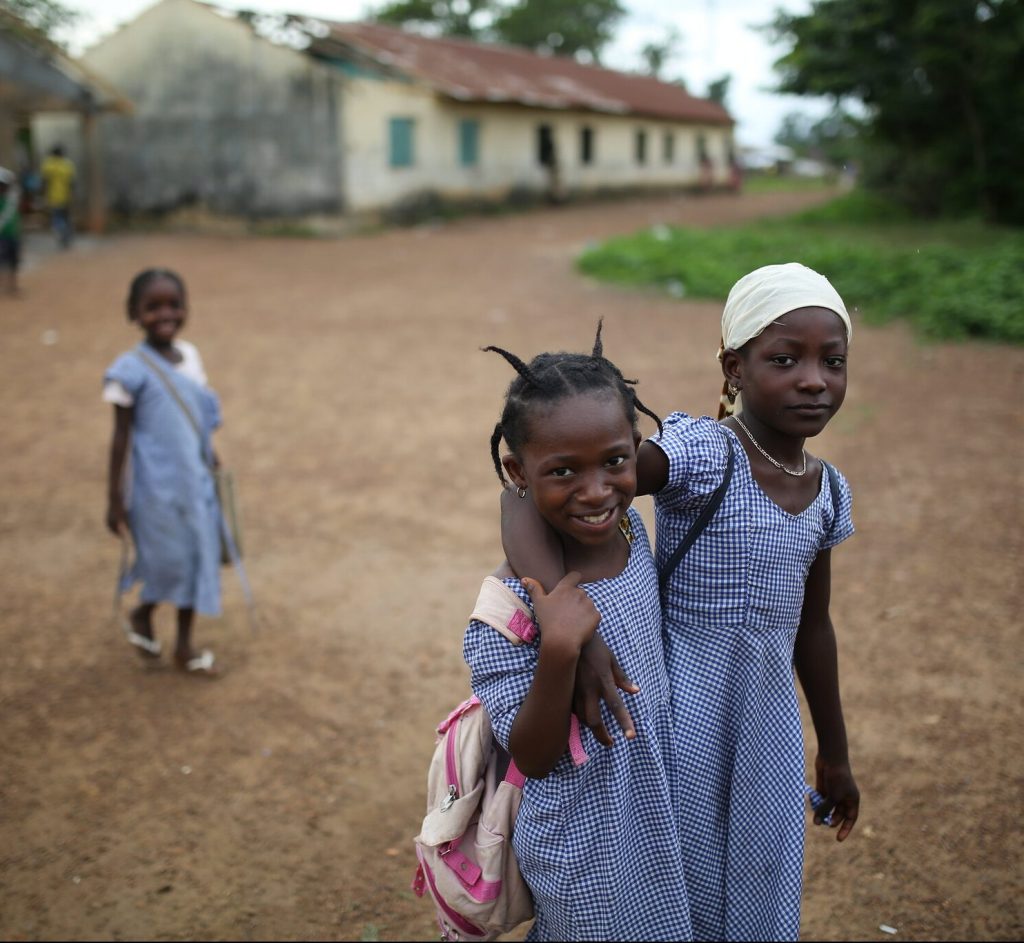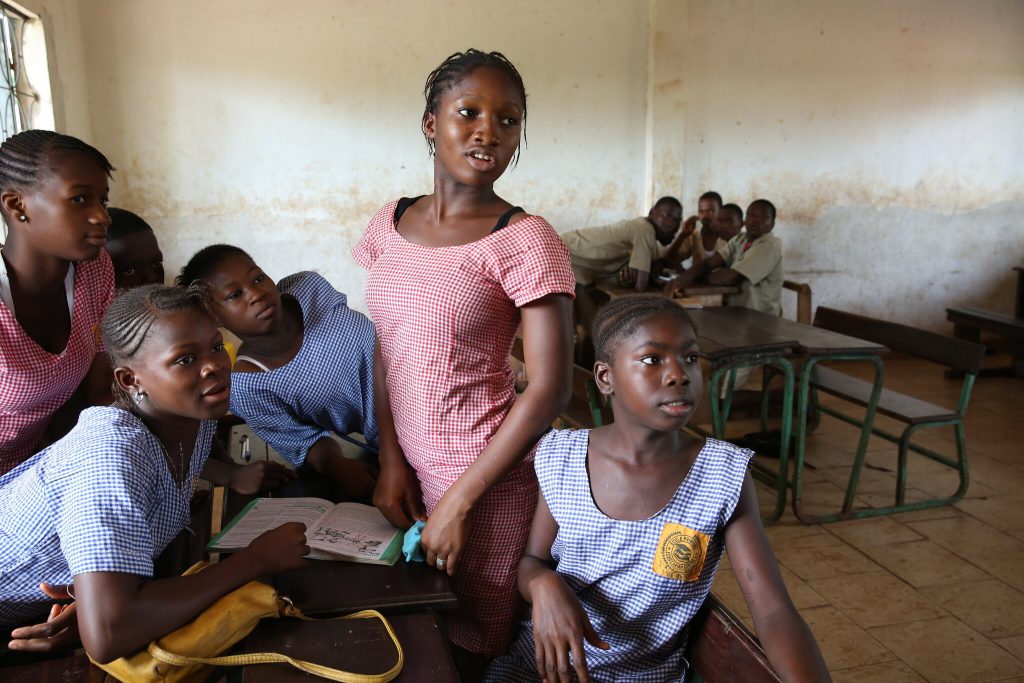GPSA projects
Ensuring Accountability and Transparency of the National Post-Ebola Recovery Process
Country: Guinea
Sector: Education
Executing Agency: Search for Common Ground
Grant Amount: $800,000
Closing Date: April 2021


Frame and Challenge
Guinea is a country with extensive natural resources, potential for hydroelectric power and agriculture-led poverty reduction. However, the country is low-income and remains one of the poorest countries in the world, despite its democratic transition in 2010 and the introduction of numerous public sector reforms which helped complete the International Monetary Fund’s 1996 Heavily Indebted Poor Countries (HIPC) Initiative (see below). In part because these public sector reforms have not been successful at promoting widespread and sustained development, the poverty rate increased from 40.3% to 55.2% between 1995 and 2012, disproportionately affecting rural populations.
A combination of factors contributed to the country’s declining GDP growth from 4.3% to 0% from 2014 to 2015. One major crisis was the Ebola Virus Disease (EVD), which has hugely affected social and economic development since its outbreak in early 2014. Public service delivery, which showed constraints and capacity gaps even before the EVD crisis, was further weakened. The government’s inability to contain the spreading of the virus led to a decline in public confidence and a deterioration of living standards, particularly in Basse Guinée, Guinée Forestière and Guinée Maritime. In order to treat slowed domestic economic activity, falling agricultural production, and the country’s weak global economic outlook, the government drafted a Post-Ebola Priority Action Plan (PAPP) to address citizen’s immediate needs after the crisis. Given the nature of this challenge, a partnership and project planning required alignment with the Guinean government’s National Development Plan and post-Ebola recovery efforts.
Solution
In 2017, the GPSA awarded a grant to Search for Common Ground, an organization which has been working in Guinea since 2003, to promote peaceful coexistence between communities, achieved through inclusive dialogue, educational inititatives, and partnerships with local women and youth organizations. This project with SFCG seeks to address governance challenges that undermine the effective implementation of the PAPP an affect the delivery of basic health and education services. The project has both direct and indirect beneficiaries, including all residents who live in the most affect Ebola communities in Basse Guinée and Guinée Forestière, which constitute 41% of the country, and various government minitries and legislators working in Finance, Education, and Health.
The project is achieving its goals by:
- strengthening government and civil society capacity to design, implement and monitor budget allocation and spending, and basic service delivery,
- creating opportunities for government and civil society actors to leverage findings of budget and service delivery monitoring to improve basic services, and
- promoting knowledge and learning for improved project results and management.
Outcomes
There are already visible preliminary outcomes of the project in Guinea since its initiation in 2017. The project’s current plans and outcomes include:
- The project will generate and disseminate credible and accurate information on the Ebola recovery process. Search for Common Ground is partnering with radio and television stations to effectively reach those most affected by the crisis.
- The project aims to strengthen the capacity of government and civil society to design, implement, and monitor budget allocation and spending, as well as delivery of basic services.
- Government and civil society actors are learning to leverage the findings of budget and service delivery monitoring to improve the quality of basic services.
Lessons Learned
This project is in its early ongoing stages. Lesson Learned will be added as the project’s work continues. Early lessons learned of the project’s review include but are not limited to that:
- On the social level, protests can seriously inhibit project process, however they can also inform it. In this project’s case, protests, reforms, and other social grievances pointed towards potential anchor points and inspirations for project activities, whose aim is to strengthen the capacity of civil society organizations and citizens.
- Changeover of communal and community councils will necessitate new progressive working collaborations, which should be initiated quickly as political changes occur.
Learn more
Click on the links below to find out more about Bank Group initiatives, Search For Common Ground, and progress in Guinea.
Website: Search for Common Ground Guinea
IMF Website: 1996 HIPC Initiative
